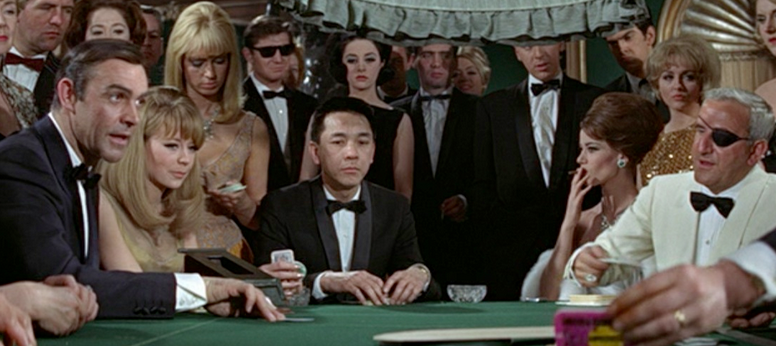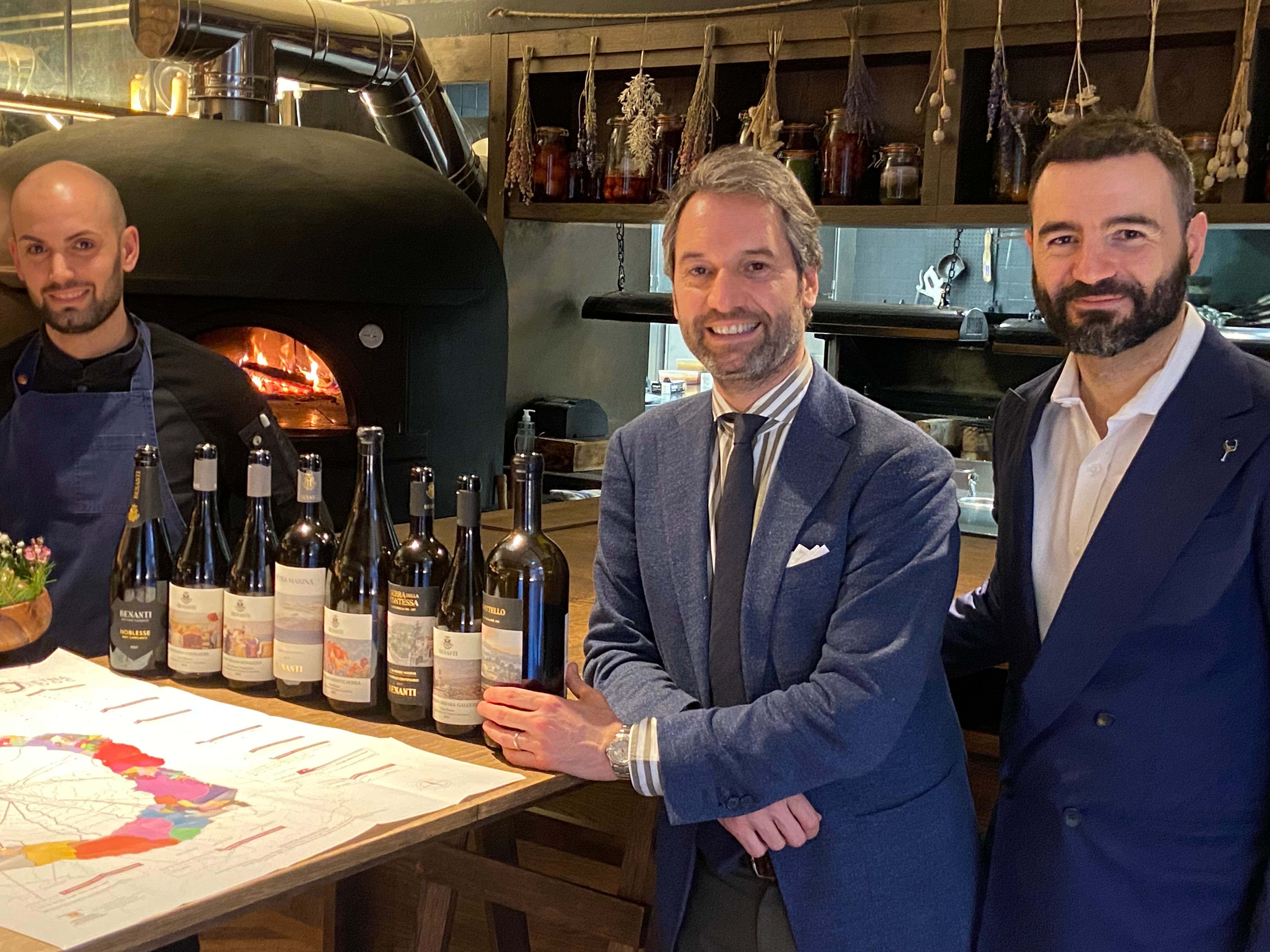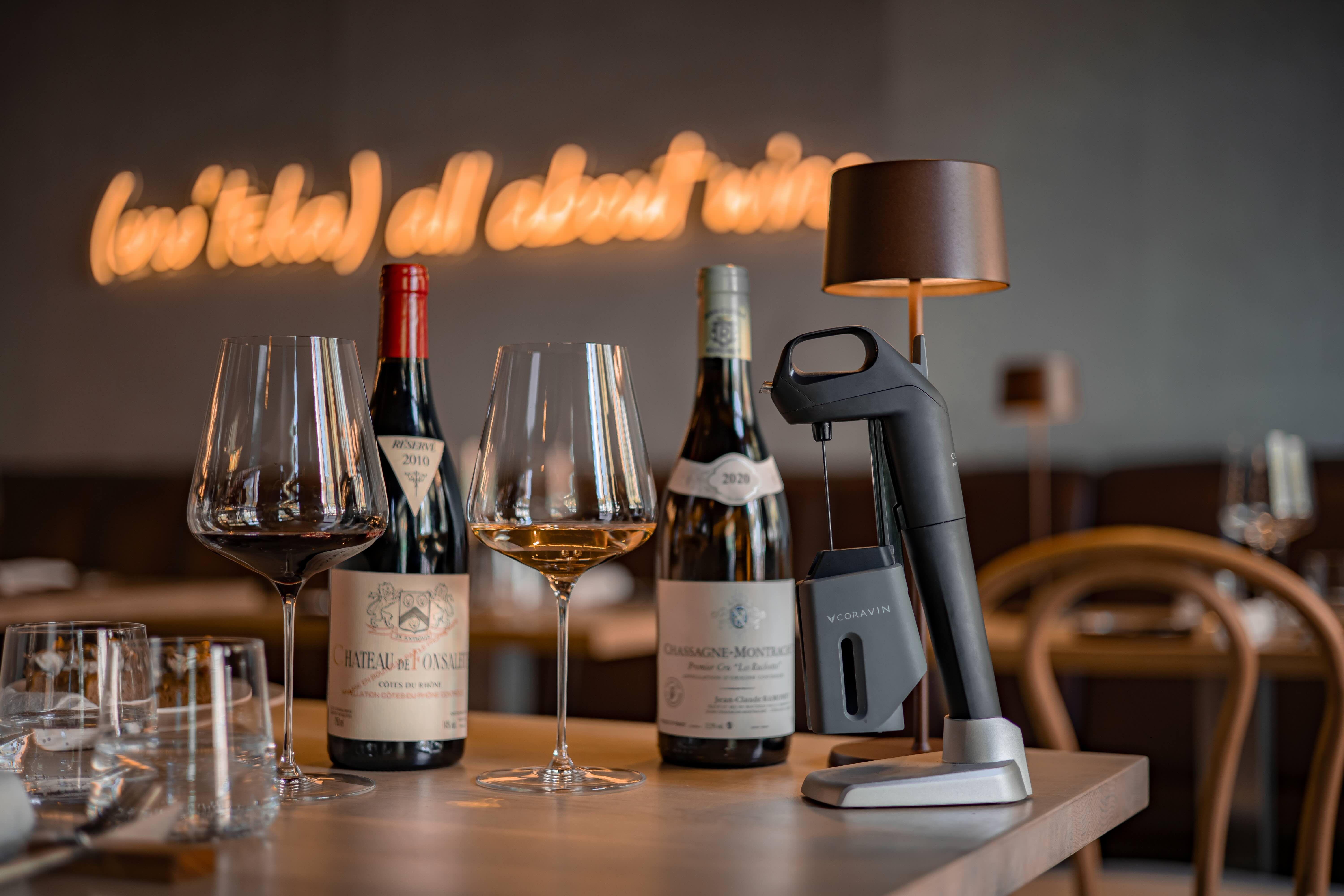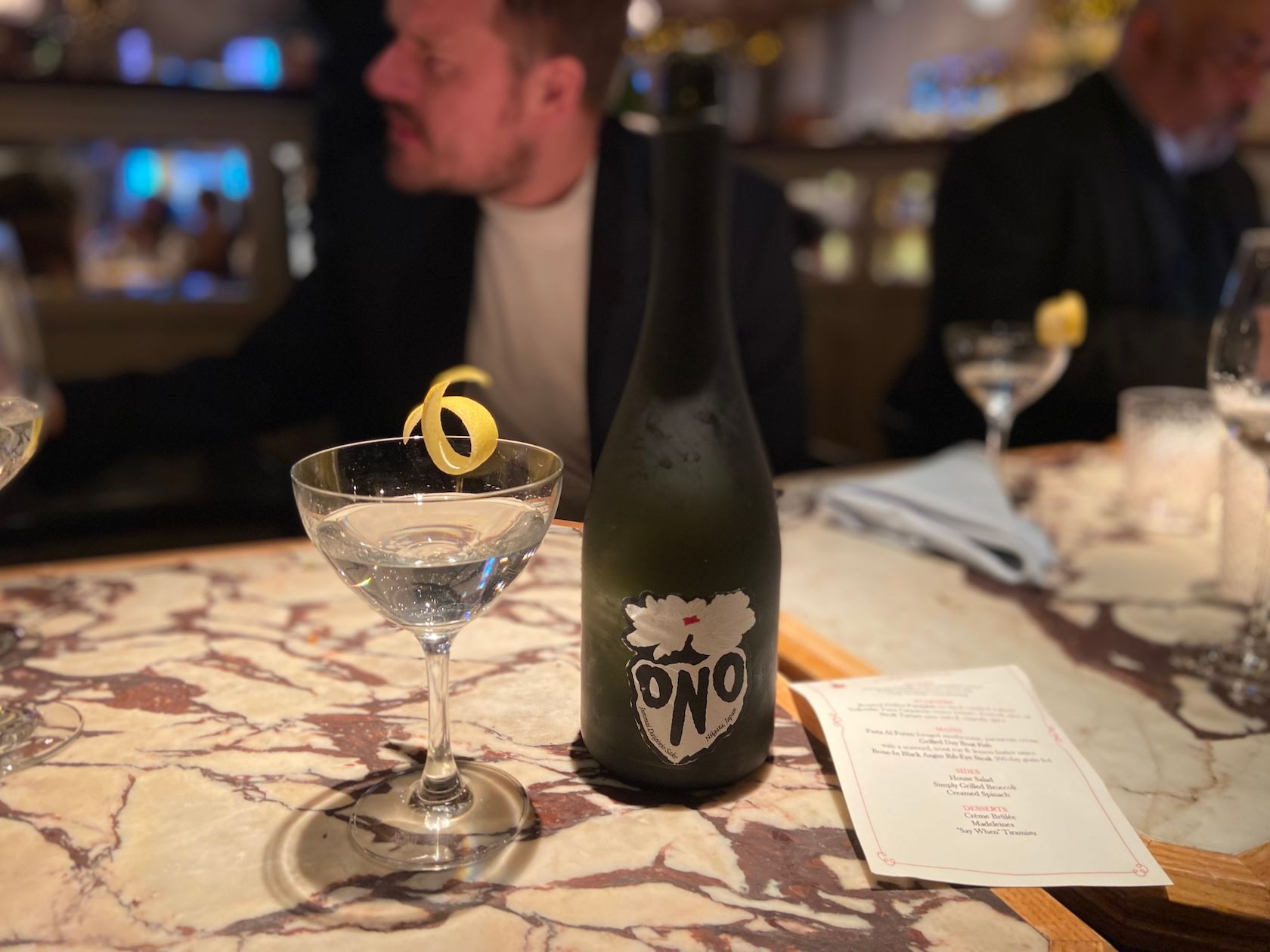In the end it all comes down to human nature. Reka Haros analyses the consequences of our business lives if we always stick to what we know and don’t risk taking the next step.
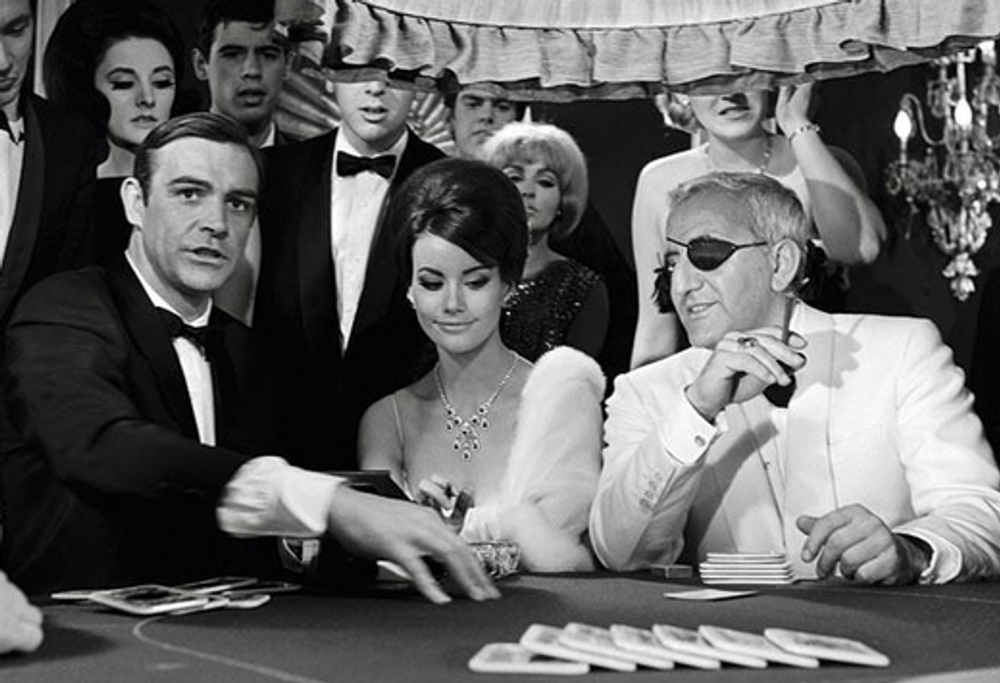
What kind of card player are you? Would you twist on 13?
There are people who dislike change and others that are constantly looking for better alternatives, and forward-thinking solutions to make change happen. We are not equal, and that is a wonderful fact. The world is beautiful because it’s varied – says a saying.
The debates between those who avoid change and those that are change seekers fascinate me. It comes down to an insightful clash between fixed mind-sets and growth mind-sets. The not so hidden trick is that time moves forward, so holding on to the past won’t help bring us to a better future. The world passes by and those that change and innovate stay alive and those that stay stuck will die. Just ask the many French business that have closed their doors in the past decade.
Among a lot of these debates, two great pieces caught my attention. One is US consumer data specialist, Paul Mabray’s piece on ‘Why our industry has an engagement problem’. The other is 5Forest’s Polly Hammond’s response to Paul’s piece on ‘How We Could Get This Topic Rolling’. Paul, who runs the new consumer data analytics business, Emetry, offers data and proof of our industry’s engagement problem. Polly provides an actionable way to fix this problem.
What are you Sunk Costs?

Don’t get bogged down…
Yet, there is a question that stays unanswered: Why is the industry so reluctant to invest in its sustainable future? I am pointing my finger at the Sunk Cost Fallacy.
Sunk costs are costs that have already occurred and future business decisions cannot change them. The fallacy then is in our thinking for considering sunk costs as decisive factors in our decision-making process.
We get emotionally and financially attached to decisions we have taken in the past. We get trapped into believing that we need to continue justifying more investments in a project or business because otherwise we will lose the already invested time and capital. Or, in some cases, our personal credibility. We trick ourselves into doing the wrong thing because of the fear of admitting that it’s time to change and letting go of what doesn’t work anymore.
But we should ignore sunk costs. They are costs incurred in the past, are unrecoverable, so using them as the main reason for not changing business practices is a mistake. They are an impediment for choosing a better, more innovative alternative.
Don’t miss out on lost opportunities
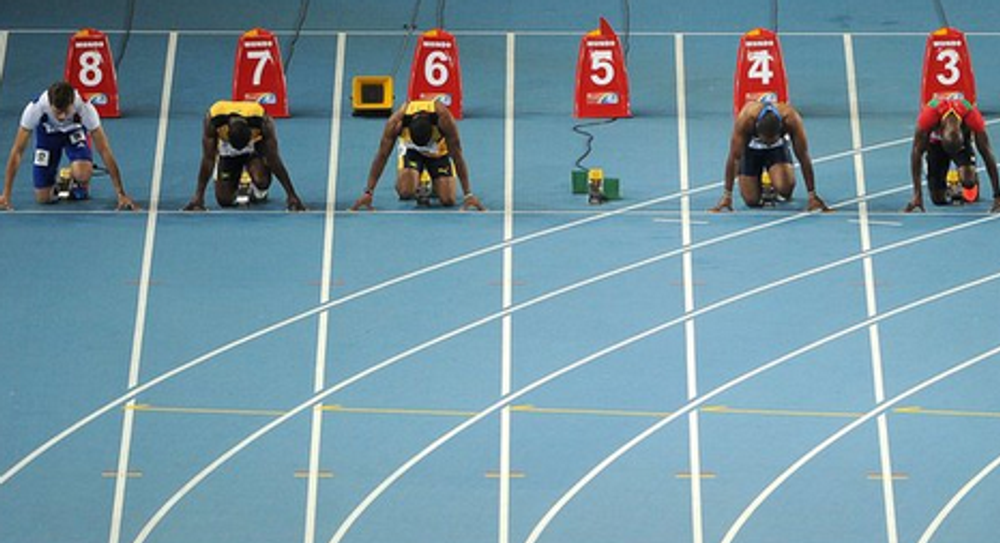
Don’t risk not even giving yourself a chance…
One way of re-framing our fear of loss is to analyse our Opportunity Costs instead, in other words, as Seth Godin puts it, “opportunity cost is the value of the lost opportunity, the benefit of the thing you could have done instead of what you’re doing now.”
Sunk Cost brings fear of change and of letting go. Opportunity Cost makes us fear of missing out on the next best alternative. One analysis makes us defensive and the other makes us analytical by looking at alternatives.
Another way of looking at this is that Sunk Costs keeps us trapped in our past decisions. Opportunity Costs makes us investigate our future options, because hell no, we don’t want to become the next Blockbuster, we want to be the Netflix guys that made Blockbuster irrelevant.
By focusing on Opportunity Cost, we look at choices, and see alternatives that we don’t get to see when only focusing on past costs. The resources, the knowledge, the experiences we have today are different from two, 10 or more years ago when we made some business decisions. So, the questions we should be asking ourselves is would we still decide to stick with that specific business decision, or would we choose to change? The circumstances around us have changed since, the cost of our decisions in the past are sunk costs. The cost of missed opportunities defines our future.
Why would we want to stick to a business model that worked well in the last century? People, drinking habits, distribution and media channels, resources, revenue streams, partnerships, and tools have all changed. We should work towards a business model that fits with the future we want to see and be part of.
Looking forward, not back
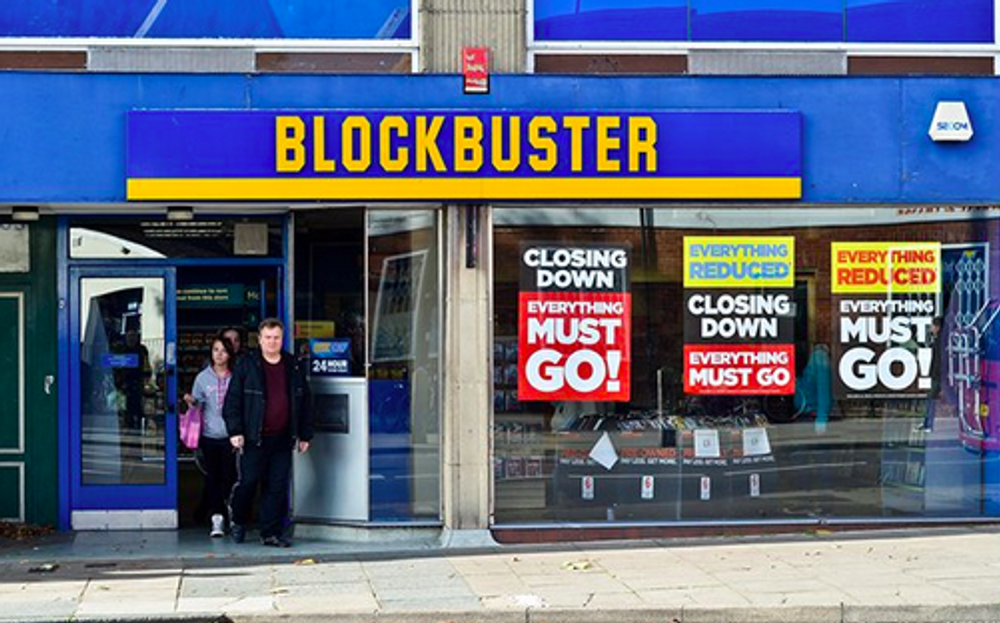
Is you business model about to go out of date?
We should start thinking about and fearing what we are losing by not adapting with the times. And we should stop justifying decisions we made in the past that may no longer be relevant.
Paul Mabray’s piece is a perfect example of times that have changed. Paul’s last words are: “The future for wine industry growth is going to rely on how we create sustainable ways to engage with both current and potential customers.”
Many would think this is a very hard exercise, but Polly’s piece gives a very clever demonstration how we can start engaging with our drinkers. The cost of ignoring the future can be drastic. Paul has provided the data. Polly showed the way forward. The opportunity cost analysis is in our spreadsheets. Don’t get trapped into the sunk cost fallacy.
As Francis Bacon declared roughly five hundred years ago: “He that will not apply new remedies must expect new evils: for time is the greatest innovator.”
- Reka Haros is global marketing communications director at closure producers and distributors, Vinventions, and co-owns the Sfriso winery in Italy.
